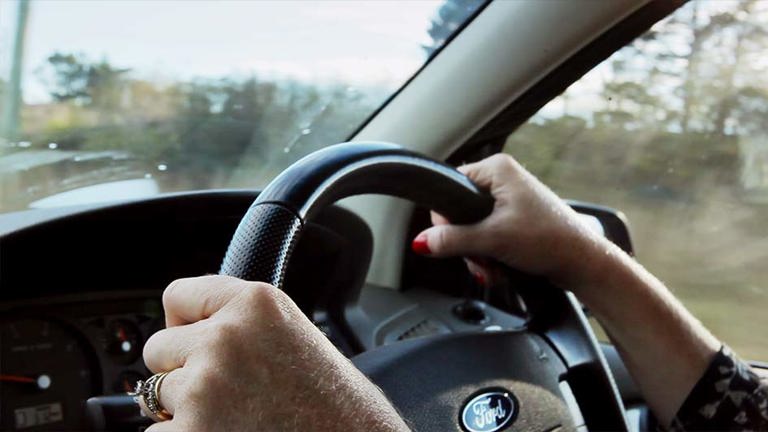From comparing quotes to trying to get the best premium, buying home insurance can be a tricky process - made even trickier by the abundance of home insurance myths out there.
Don't let one of your most important decisions be influenced by rumors or hearsay. We've put together the top 5 home insurance myths that could stand in the way of taking out the right home insurance policy.
Your house is covered if you go on vacation.
There's always a risk of damage or theft if you leave your house for an extended period of time, but if you thought your home insurance would cover you while away on vacation, think again. Some insurers require that you take certain precautions whilst away, such as having someone regularly check up on your property. Others may insist that you do not vacate your house longer than a specified period of time, i.e. 90 days. Check with your insurer prior to taking vacation so you know exactly what you're covered for.
My home insurance covers all my belongings.
Danger! Danger! Although we may tend to think of our house and contents as one entity, most insurers would beg to differ. Home insurance, by definition, covers the structure of your home while contents insurance covers your belongings. While it's true that some home insurance policies may offer cover for contents up to a certain amount, a separate contents policy is necessary if you wish to insure the sum of all your belongings.
Home insurance covers the market value of my house.
Insurers vary in how they insure the value of your house. More often than not, home insurance will cover you for the amount it would cost to rebuild or replace your house at the time you take out your policy. For example, if your house burns down, your home insurance would cover the cost of rebuilding it to the state that it was before the fire. Since your land still exists, the rebuilding cost would likely be less than market value.
Older, cheaper homes are cheaper to insure.
There are plenty of factors that go into determining your home insurance premium, and the age of your house is just one of them. While older homes may be more subject to deterioration, putting you at more of a risk for a claim, it could also be the case that the home has been remodeled to the extent that it is near-new. It's also possible that other factors, such as security features, location and the materials the house is built of, may outweigh the risk of having an older home in the end.
Home insurance is essential.
Although extremely important and necessary for peace of mind, home insurance isn't essential unless you are trying to obtain finance for the mortgage, in which case your bank or lender may make it a condition that you organize home insurance prior to releasing the funds. Our First Home Owner's Guide to Home Insurance covers this topic in more detail.
Now that we've dispelled some of the myths, you should have a better idea of what to look for when shopping around for home insurance quotes.



